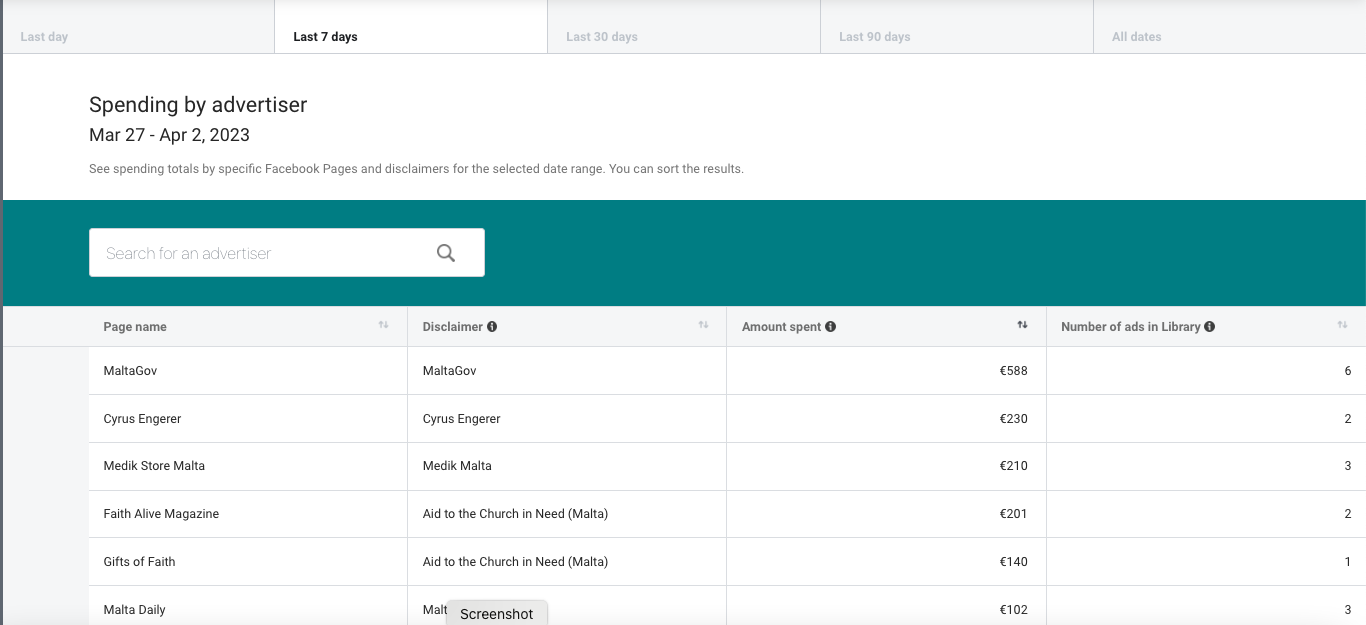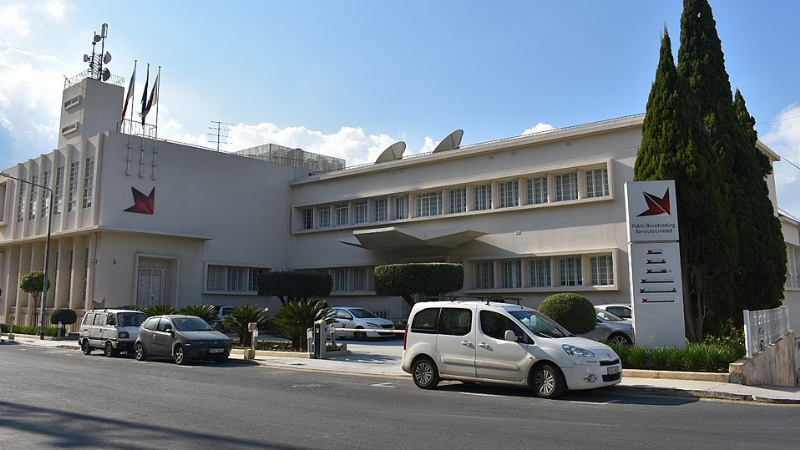Prime Minister Robert Abela’s government survives scandal after scandal. The severity and frequency of scandals the governing Labour Party is weathering would have brought down administrations in other European democracies with consummate ease or, at the very least, resulted in a flurry of resignations.
Several complex reasons explain the government’s resilience to scandals. These include, among other things, a scandal-weary population, divisive political discourse, a public broadcaster that fails to do its job, the government’s heavy investment in advertising and PR campaigns and a weak parliamentary opposition.
As a result, the public is constantly overwhelmed with propaganda and spin alongside the reliable information that should help inform their decisions. Moreover, political party propaganda has warped our notion of acceptable scrutiny of our public institutions and public figures.
Throw money
On 30 March, during Malta’s Freedom Day celebrations, Abela pledged continued increases to students’ stipends, pensions and children’s allowance grants. These increases had all been announced during the budget speech last November.
Still, given the raft of scandals surrounding the Labour government and a decrease in popularity, it seemed to him like a good time to remind supporters of future cheques in the mail.
This type of ploy has been used before, such as when the government timed the tax refunds and stimulus cheques to be distributed just before the March 2022 general elections.
Timing that even OSCE’s election observers labelled ‘unusual’ and concluded that the accompanying letter signed by the prime minister and minister of finance instead of the tax commissioner blurred the line of demarcation between party and state “and [did] not conform to international standards and good practice”.
These are the more obvious examples, but we don’t have to look very far to find an incentive, a scheme, or a pledge announced just in time to counter in less egregious ways mounting criticism or voter discontent over one issue or another.
Part of a broader spending spree
According to Facebook’s Ad Library report, between April 2019 and March 2023, @Maltagov was the fifth largest spender on advertising on the social media platform – and that’s without factoring in government agencies advertising separately.
Robert Abela is the third biggest spender overall. In second and first place are the Malta Labour Party and the Nationalist Party, respectively.
However, in March alone, @Maltagov was the third biggest. It was the top-most spender on political advertising between 27 March – 2 April 2023, coinciding with the time the government faced the backlash of MP Rosianne Cutajar’s text exchanges with Yorgen Fenech, accused of masterminding Daphne Caruana Galizia’s assassination.

Screenshot of Facebook’s Ad Library report for the week dating between 27 March – 2 April 2023.
The public funds spent on Facebook seem paltry compared to what we’re used to seeing the government spend on phantom consultancy jobs and direct orders.
The costs become more significant if we add the sums spent on PR consulting and advertising on various media outlets, including independent media. This advertising comes in many formats, from full-page adverts to sponsored content.
In most cases, sponsored content is clearly marked. Nevertheless, there is no way of confirming whether ‘opinion’ articles published by government ministers are part of an advertising package since the government does not declare what it spends on advertising in independent media.
Consequently, readers are often surreptitiously subjected to ‘opinions’ that go well beyond the boundaries of what could be considered a reasonably held different opinion with some basis in factual truth.
The uncritical publication or promotion of “opinions” and government-sponsored content based on a complete inversion of facts renders the publishers or promoters, whether they like it or not, complicit in a disservice to the public and in the perpetuation of disinformation.
In other instances, the government’s investment in public relations is even more insidious such as when The Shift revealed how MediaToday co-owner Saviour Balzan was awarded paid contracts offering consultancy on media matters to several government entities.
More recently, The Shift discovered how Balzan was consulting the justice ministry while also being appointed to what should have been an independent media experts committee tasked with implementing press freedom reforms.
The public broadcaster
While international organisations and European lawmakers continue to underscore the fundamental role of public service media and its contribution to an informed society, Malta’s public broadcaster remains, at best, an official mouthpiece for political parties and, at worst, an extension of the governing party’s propaganda machine.
On 17 March, the Committee of Ministers of the Council of Europe adopted a recommendation for promoting a favourable environment for quality journalism in the digital age. The recommendation includes a point on public service media’s contribution to society.
It states that “independent public service media, in particular, have an important social function as a trusted source of information. They play a central role in portraying events comprehensively and inclusively, explaining complex situations and changes, allowing the public to distinguish the important from the trivial and highlighting constructive solutions to important challenges”.
Our public broadcaster does no such thing. Stuffed as it is with political appointees and dependent on government funding to survive, it is constantly subjected to government influence and interference.
It is well-documented that it under-reports or ignores altogether stories that cast the prime minister, the government and the Labour Party in a bad light.
Malta’s public broadcaster was happy to be roped in the Electrogas public relations campaign. Still, you’ll be hard-pressed to find an analysis or an explanation detailing all the controversy surrounding the deal ever since.
The importance and power of an informed public can be gauged by the amount of money and effort the government spends trying to confuse, hide or suppress that relevant information.













Thank the gods I don’t use facebook and have to put up with their political propaganda.
I enjoy destroying their lies and propaganda on their own turf. AND THIS IS WHAT WE ALL SHOULD DO. Get into their trenches and give them the truth where it hurts.
We went through all this under the Mintoff/KMB regime. May they rest in peace.
This is the strategy of the then MLP and the now PL under the leadership of Joseph Muscat and continuity PM Robert Abela.
The people that suffer are the persons of goodwill and the cheap imported employees.
What I find the most galling is how Robert Abela makes public statements in which he says the diametric opposite of the truth – Openly and with no shame.
Dr Abela should know that his way of propoganda is a Communists way of giving peanuts to the poor ‘tallaba’